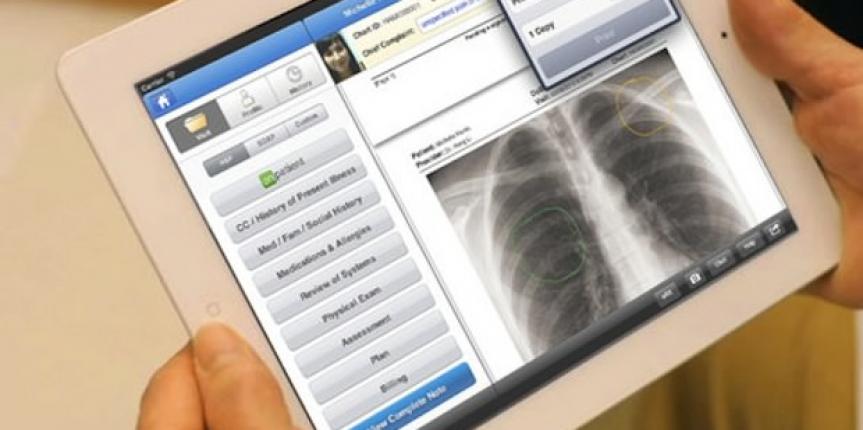GPs in Queensland will be able to view their patients’ hospital records under amended privacy laws
GPs in Queensland will be able to view their patients’ hospital records under amended privacy laws permitting access to a restricted Queensland Health clinical information system.
Dr Richard Kidd, chair of the AMA Council of General Practice, said the reform would make a huge difference to the integrity and authenticity of patient information available to referring GPs.
“It will be (intended) for referring GPs. Finer details need to be worked out, but it might also be for GPs where a patient has been discharged,” Dr Kidd told The Medical Republic.
Work was under way on security protocols for GPs to enter the system, called The Viewer, which is currently restricted to Queensland Health employees, and on how GPs would identify they had a patient’s permission to view their information, he said.
When doctors brought the idea before the Queensland Clinical Senate about a year ago, senior health officials recognised it could help minimise adverse events by letting GPs see notes of medication changes or bad reactions to medication in hospital, Dr Kidd said.
“It would also ultimately reduce the needless duplication of blood tests and x-rays because GPs would be able to see what had been done and the results.”
State parliament passed amendments in mid-September to allow GP access to The Viewer.
‘‘There are safeguards in the legislation to ensure patients’ health information is protected and those who don’t want their information shared can opt out,” Queensland Health Minister Cameron Dick said.
Access to The Viewer would improve the patient journey by ensuring GPs had a more comprehensive view of a patient’s clinical history, resulting in more consistent, timely and better coordinated care for people living in Queensland, he said.
Dr Kidd said governance of the access arrangements for GPs would be crucial as Queensland Health was under constant threat of cyber attack.
“They have to be able to open the system up in a way that is going to keep patients’ data safe, because they have to protect patient confidentiality. It’s about opening this up so general practitioners can access the information, but not the hackers.”
The access would be especially helpful where a patient had had an event that affected their brain or did not have a clear recall of what needed to be followed up after discharge from hospital.
It could prevent patients being readmitted to hospital within a week or two because GPs didn’t know what needed to be done for them, he said.
“For example, if while they were in hospital their potassium got very low and it was improving when they came out, we could be alert to the need to monitor that,” Dr Kidd said.
“At the moment, if a patient has been in hospital and they say they were treated for heart failure and we haven’t got any recent pathology, we have to order it all – at more expense to the taxpayer and inconvenience to the patient.”


